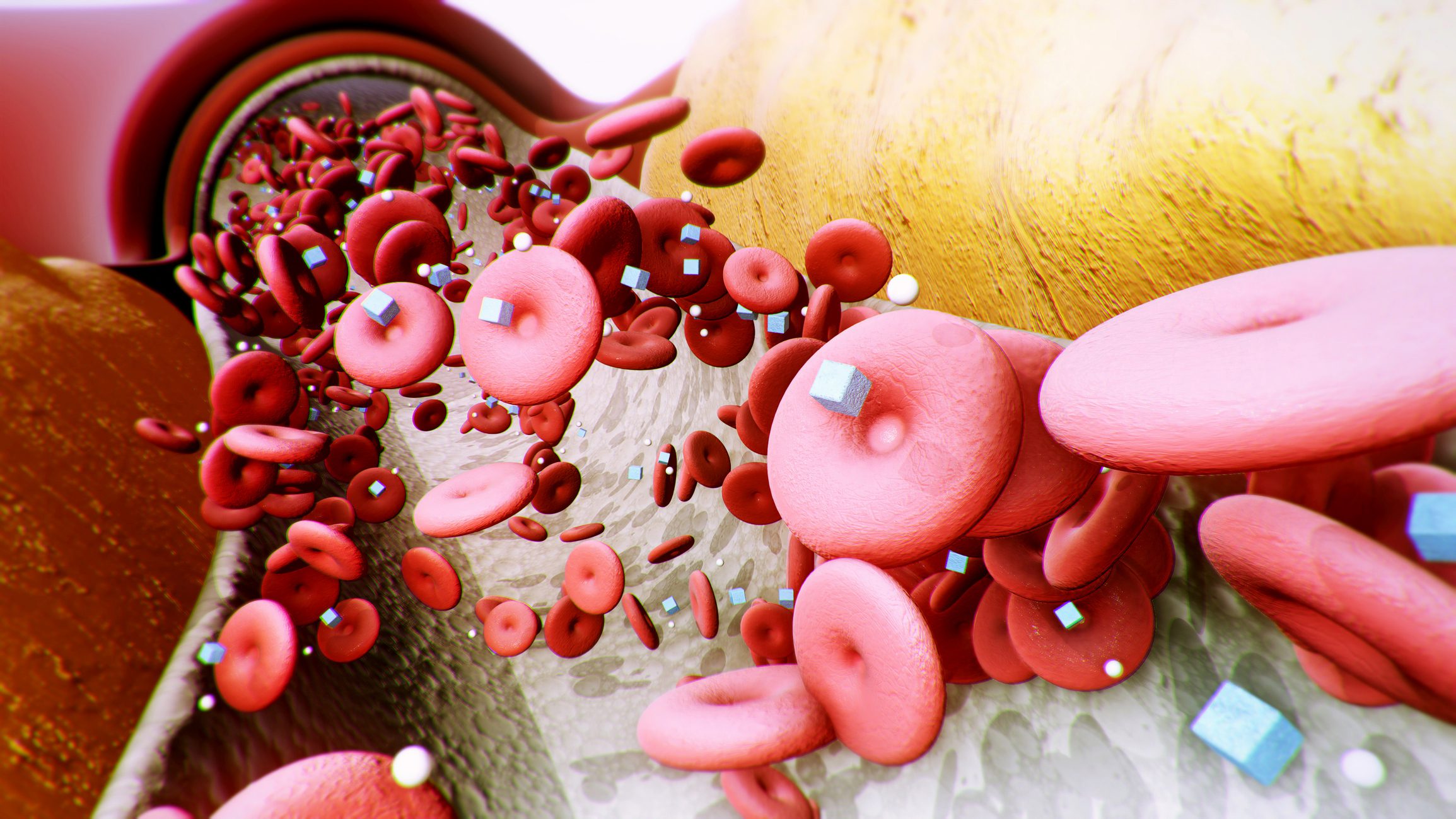Erythritol and xylitol are sugar alcohols that occur naturally in small quantities in berries and vegetables and are used as sweeteners in the food industry and can also be used by the pharmaceutical and cosmetics industries. When ingested as a sweetener, erythritol is quickly absorbed in the small intestine and excreted largely unchanged in the urine. In contrast, only 50% of xylitol is absorbed and metabolized in the liver, while the unabsorbed portion ends up in the large intestine. This partial absorption explains why the rapid ingestion of large amounts of xylitol can lead to osmotic diarrhea.
Autoren
- Prof. Dr. med. Bettina K. Wölnerhanssen
- PD Dr. phil. II Anne Christin Meyer-Gerspach
Publikation
- InFo DIABETOLOGIE & ENDOKRINOLOGIE
Related Topics
You May Also Like
- Arterial elasticity, vascular ageing, endothelial function
Longevity and cardiovascular health 2025
- AI-supported risk stratification for chest pain in the emergency room
Performance of a fully automated ECG model
- Alternative to insulin and GLP1
From the β-cell to the center: the versatile role of amylin
- Hormone balance and longevity
Ageing is not a substitution diagnosis
- Cardiovascular risk
Bad news for young men with T2D
- Case Report
6-year-old child with central retinal artery occlusion
- Low grade serous ovarian carcinoma (LGSOC)
Opening up new horizons through combination therapies
- Rare diseases











